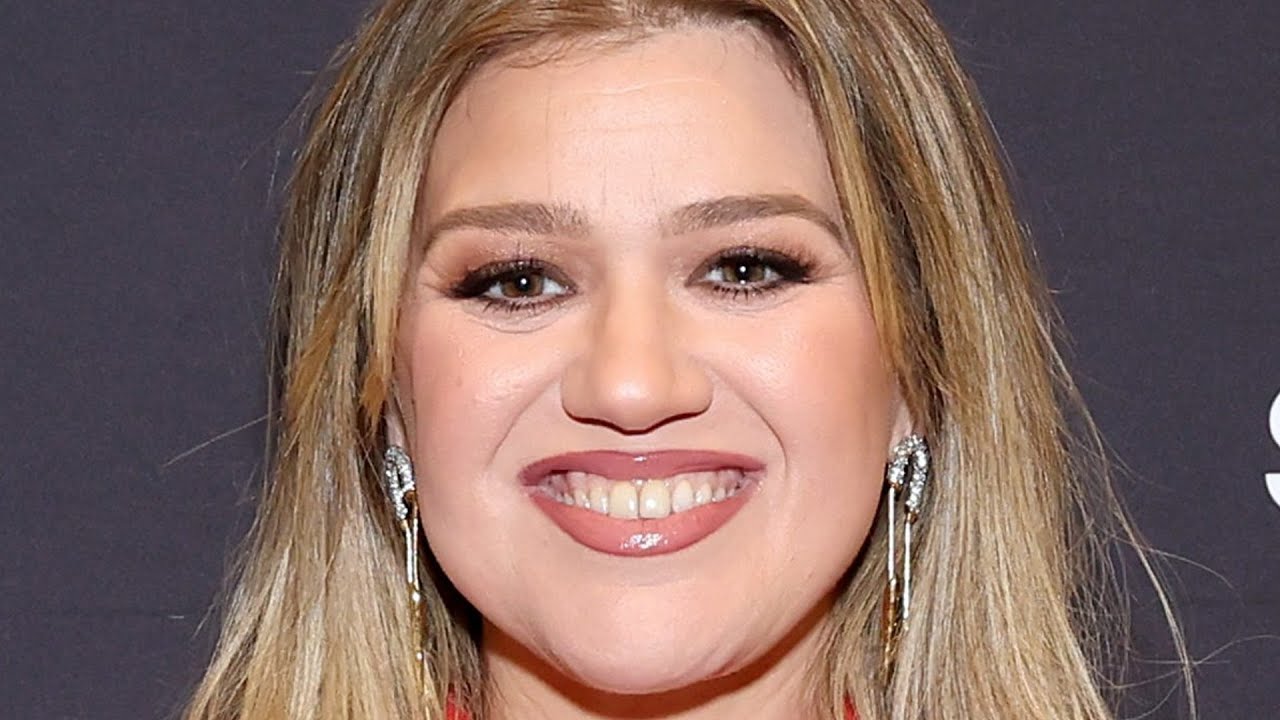Understanding Weight Loss Challenges After 50
As we age, our bodies undergo numerous changes that can significantly affect our ability to lose weight. After the age of 50, metabolic rates tend to slow down due to a decrease in muscle mass and hormonal fluctuations. These changes can make weight loss more challenging, leading to frustration and uncertainty. It is crucial to recognize that while weight loss at this stage of life presents obstacles, it does not mean that effective strategies do not exist. Understanding common mistakes can empower individuals to make informed decisions on their health journey.

Nutrition plays a pivotal role in weight loss, especially for those over 50. Many individuals mistakenly believe that drastic calorie reductions or extreme diets are the best path to achieve their desired weight. However, such approaches can lead to muscle loss, nutrient deficiencies, and a slowed metabolism. Instead, balanced eating that prioritizes whole foods, proteins, healthy fats, and complex carbohydrates can support sustainable weight loss. Coupled with an understanding of portion control and mindful eating practices, individuals can foster a healthier relationship with food.
In addition to dietary considerations, physical activity remains a cornerstone of effective weight management. However, common misconceptions about exercise can lead to mistakes that hinder progress. Many older adults might shy away from strength training, believing it is too taxing or unnecessary. This misconception overlooks the reality that strength training is crucial for maintaining muscle mass and enhancing metabolic rate. With proper guidance and adapted programs, staying active can significantly impact overall health, mood, and, ultimately, weight loss success.

In this article, we will delve into the five biggest weight loss mistakes commonly made by individuals over 50. By identifying these pitfalls and exploring ways to avoid them, we hope to provide readers with the tools they need to successfully navigate their weight loss journey in 2025 and beyond. Awareness is the first step toward making transformative changes, and understanding what to steer clear of can lead to a more effective and satisfying path toward achieving health and wellness goals.
Overemphasizing Calorie Restriction
One of the primary mistakes people make when trying to lose weight after 50 is placing an excessive focus on calorie restriction. In an attempt to drop pounds quickly, individuals often severely limit their caloric intake, believing that this will yield faster results. However, this approach can have the opposite effect, especially for those over 50. Drastically cutting calories can lead to muscle loss, which is particularly detrimental as muscle mass naturally declines with age. Consequently, a reduced muscle mass further slows down metabolism, creating a vicious cycle that complicates weight loss efforts.
Moreover, when the body is deprived of essential nutrients, it can trigger a survival response that makes weight loss increasingly difficult. When calorie intake is too low, the body starts to conserve energy, which manifests as a decrease in metabolic rate. The body perceives this state as a threat, which can lead to rebound weight gain once normal eating resumes. Instead of fixating solely on calories, it’s vital to focus on the quality of food consumed. Whole, nutrient-dense foods provide essential vitamins, minerals, and fiber that are crucial for metabolic health and overall wellbeing.
To promote healthier weight loss, individuals should aim to create a moderate calorie deficit while still meeting their nutritional needs. This can be achieved through balanced meals that include lean proteins, healthy fats, and an abundance of fruits and vegetables. Not only will this approach support weight loss, but it will also bolster energy levels and enhance overall health. Long-term success hinges on adopting sustainable eating practices that prioritize nourishment over starvation, fostering a healthier relationship with food as individuals reach their weight goals.
Neglecting Strength Training
A common misconception among individuals over 50 is that strength training is not important or necessary. Many believe that they can maintain their weight through cardio alone, neglecting the significant benefits that resistance training offers. Strength training is essential in combating age-related muscle loss and plays a vital role in boosting metabolic rate. Engaging in regular strength workouts can help individuals preserve muscle mass, enhance bone density, and improve overall functional ability, making daily activities easier.
Additionally, strength training is instrumental in promoting fat loss. It increases the number of calories burned at rest, as muscle tissue is metabolically active. This means that even when not exercising, individuals with more muscle mass will burn more calories throughout the day compared to those with less muscle. With proper guidance, individuals can develop a personalized strength training routine that fits their abilities and preferences. This may include bodyweight exercises, resistance bands, or weights, ensuring safety while still providing effective workouts.
Incorporating strength training into a regular fitness regimen can yield significant lifelong health benefits. Not only does it support weight management, but it can also lead to improved balance, coordination, and functionality. These benefits are crucial as individuals age and seek to maintain independence and quality of life. For those new to strength training, consulting a fitness professional may provide the necessary guidance and ensure the development of a balanced routine suited to personal fitness levels and goals.
Ignoring the Importance of Hydration
Another often-overlooked mistake in the weight loss journey after 50 is neglecting adequate hydration. Many people are unaware of the critical role that water plays in metabolism, appetite regulation, and overall health. Dehydration can lead to feelings of fatigue and additional cravings, making individuals more likely to consume extra calories in an attempt to overcome perceived hunger. Furthermore, as we age, our thirst reflex becomes less acute, resulting in a higher risk of suboptimal fluid intake. This vulnerability underscores the necessity of conscious hydration practices.
Proper hydration impacts every aspect of bodily function, including digestion, nutrient absorption, and energy levels. Drinking enough water aids the metabolic processes that convert food into energy, making it an essential component of any weight loss strategy. Staying hydrated can also help minimize water retention, often mistaken for weight gain, by facilitating proper kidney function and reducing inflammation. Aiming for adequate daily water intake can pave the way for improved wellbeing and facilitate weight management efforts.
To enhance hydration habits, individuals should consider integrating water-rich foods into their diets, such as fruits and vegetables. Additionally, establishing a routine for water consumption, like keeping a water bottle nearby, can serve as a helpful reminder to drink throughout the day. Understanding the body’s hydration needs, particularly post-exercise or in hot weather, can reinforce the importance of staying hydrated as a foundational element of weight loss and overall health.
Underestimating the Role of Stress Management
Stress management plays a critical yet often underestimated role in the weight loss process, especially for individuals over 50. In our fast-paced world, chronic stress can lead to elevated cortisol levels, a hormone that influences fat storage and appetite. Prolonged periods of stress can create a cycle where individuals turn to comfort food as a coping mechanism, inadvertently undermining their weight loss efforts. Thus, it is essential to recognize the connection between stress and unhealthy eating patterns to effectively champion weight management.
To combat stress, individuals can employ various strategies, such as mindfulness, yoga, meditation, and deep-breathing exercises. These practices have been shown to lower cortisol levels and enhance overall emotional wellbeing. Establishing a routine that incorporates self-care activities can not only reduce stress but also foster a healthier relationship with food. Consequently, individuals may find themselves less likely to engage in emotional eating or make impulsive food choices in times of stress.
Moreover, social support can provide an additional layer of stress management. Connecting with friends, family, or likeminded individuals can alleviate feelings of isolation and create a sense of community during challenging times. To promote effective weight loss, individuals should prioritize their mental health alongside physical health. Acknowledging the psychological factors influencing eating behaviors can lead to more sustainable behavior changes and ultimately contribute to successful weight management.
Summary of Key Takeaways and FAQs
Weight loss after the age of 50 can be a daunting endeavor, but understanding common pitfalls can aid individuals in making more informed decisions about their health. From recognizing the importance of balanced nutrition to incorporating strength training and hydration, numerous factors contribute to successful weight management. Additionally, being mindful of stress levels and seeking social support can greatly influence this journey.
In summary, individuals seeking to shed pounds after 50 should focus on sustainable practices rather than extreme calorie restriction or neglecting strength training. Understanding the fundamental roles of hydration and stress management can empower individuals to stay on track while promoting overall wellbeing. It is essential to approach weight loss as a holistic process that incorporates both physical and mental health considerations, setting the stage for long-term success.
Frequently asked questions often center around the effectiveness of diets, exercise recommendations, and the timeline for weight loss in older adults. When it comes to diets, there is no one-size-fits-all solution; instead, finding a balanced approach that works aligns with individual preferences and lifestyles is key. For exercise, a combination of aerobic activity, strength training, and flexibility exercises is encouraged to enhance overall fitness and support weight loss. As for timing, weight loss can be slower after 50, but it is vital to remain patient and consistent. Remember, focusing on progress rather than perfection often leads to sustainable outcomes and improved health well into later years.
